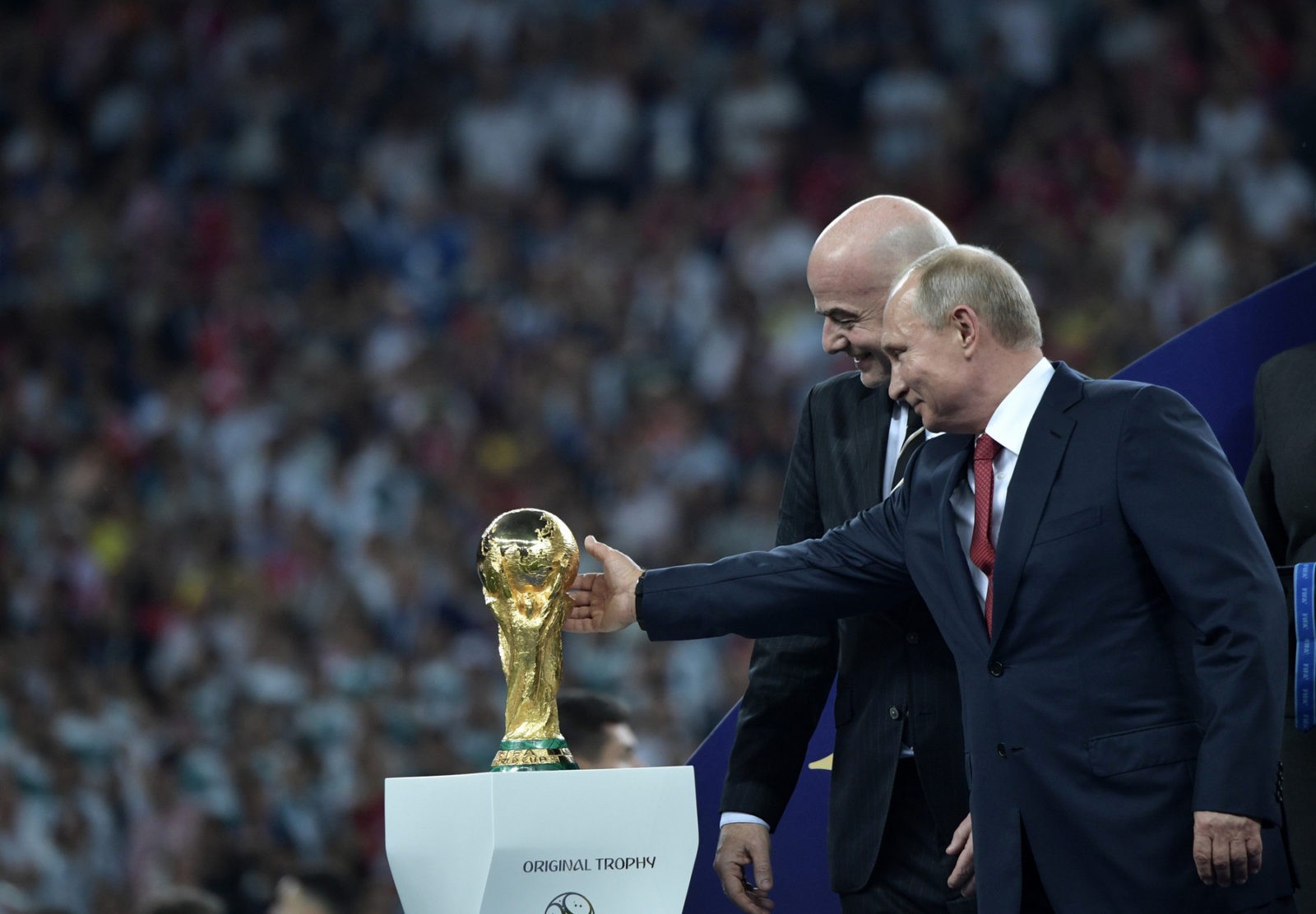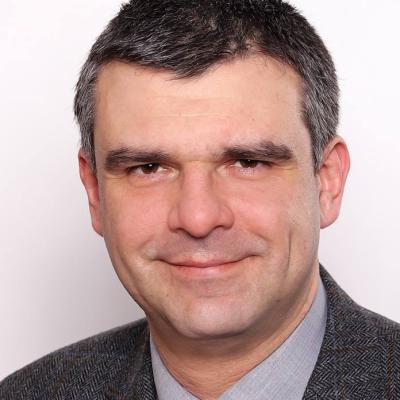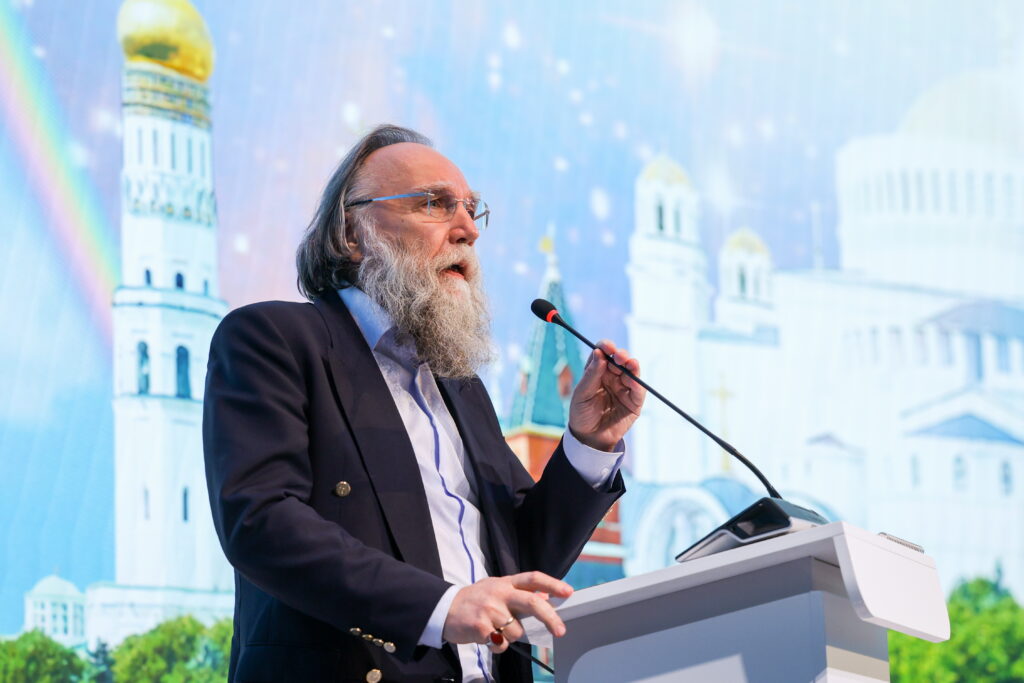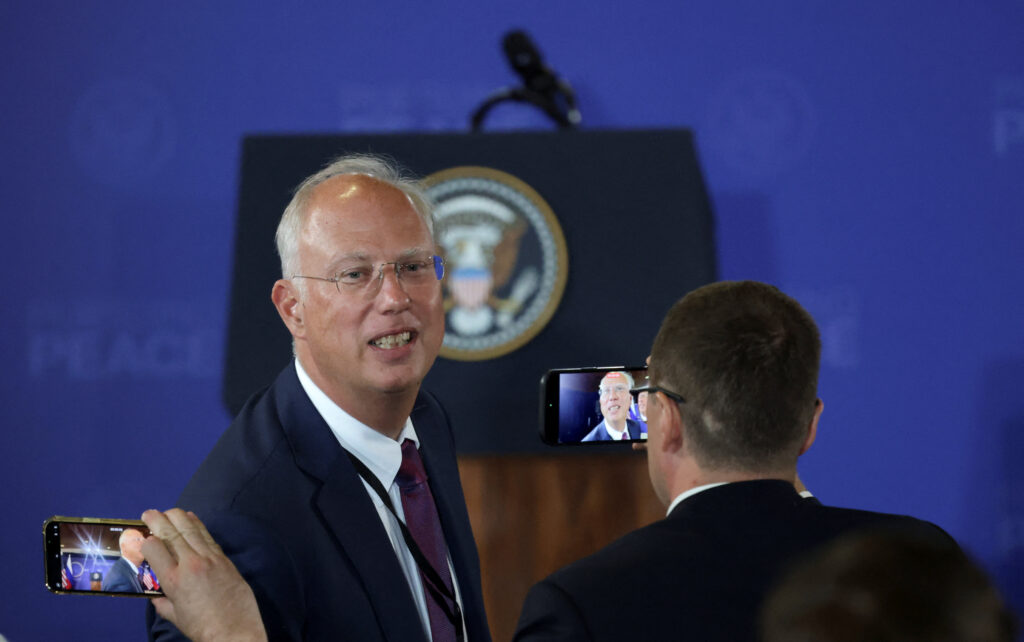Even before the start of the 2018 FIFA World Cup in Russia, there was already a cliche emerging in western media outlets. Vladimir Putin and his fellow ruling elite, the thinking went, were using this sporting event for two clear political purposes. One, to maintain a grip on domestic power. Two, to build and promote a global image of a modern, hospitable country. The latter would contrast with the dominant negative global images of Russia of recent years.
In one of its articles, the New York Times quoted a confidential Kremlin source to back this up. “Putin,” the source explained, “saw the World Cup as a vital method to project the power of his country and his own to the whole world.” The Czech publication Lidovky struck a similar note. It described the World Cup as “a serious test for Russia’s soft power and its impact in the West.” In the Guardian, a British newspaper, a columnist declared the tournament “politically charged.” Even sports publications took a similar approach. Many of them published interviews with political observers as well as with players and coaches. Polish Sportowe Fakty came to a radical conclusion. “Sport is an emanation of the Russian state,” that publication stated.
Has this tone become a cliche for good reason? It is difficult to judge exactly what kind of goals Kremlin strategists set for themselves ahead of this tournament. Even so, it makes sense to analyse the effectiveness of any ‘soft power’ Russia and Vladimir Putin might have gained or squandered. And, more important: Will this last?
Boycotting Russia
The idea of boycotting the World Cup in Russia wafted in the public space at least a year before the first whistle in Moscow. In April 2018, sixty European MPs representing 16 states called for a boycott of this sporting event. Why? These lawmakers accused Russia of providing military support for Bashar Assad. They stated their opposition to “‘a brutal military invasion of Ukraine.” Further, they cited election meddling designed to destabilize the EU. As a result, these politicians called on the EU “not to support the authoritarian and anti-Western actions taken by the Russian president.’ It is worth noting that these lawmakers sought a political boycott. Not, however, a sports boycott. The signatories represented just 8% of European MPs.
There was no question any national team would refuse to participate. All the teams who made it into the final stage arrived in Russia. No teams refused to play. Major sports activists from the EU countries protested against calls for leading politicians to skip the tournament. Germany’s coach Joachim Löw put it clearly. “Personally, I would be happy to see Angela Merkel watch one of our matches in Russia,” he said. The leaders of UK, Denmark, Australia, Poland, Iceland and Sweden announced their boycott of the championship. Notably, some of the teams from these countries were far from favourites. Their participation in the knockout stages was doubtful. Visits by key international politicians were expected at the final stage of the championship. Naturally, public sentiment and worldwide interest in the most popular game in the world tipped the hand of most politicians. In the end, the opening ceremony was ignored by high-ranking Western guests. Yet the situation changed with the beginning of the knockout matches. The king of Spain flew in. As did the presidents of Croatia and France. Also in the stands were the royal couple from Belgium, and the head of the International Olympic Committee. So were stars like Mick Jagger and Pamela Anderson. We can say that the political boycott of the championship did not happen in earnest. This (very predictable) fact was a win for the Kremlin.
Minimal was the protest activity in and around the stadiums. The only significant manifestation was the performance in support of political prisoners organized by Pussy Riot during the second half of the final match. It was important for the Kremlin not to allow unfavorable of Kremlin “politicization of sports”. At the same time, the Russian authorities carefully cultivated the image of “a strong power capable of giving fans a football holiday” that is, they used the sport to send political message.
Are all the flags coming to visit?
On the eve of the World Cup, many countries had doubts over Russia’s capacity to handle logistics and security. Organisers were accused of killing stray animals. Some observers worried about how they brought in foreigners to work under inhuman conditions. Throughout, there was a concern that Russia was making excessive public investments. The Federal Criminal Office of Germany officially warned Russia’s guests of a high threat of Islamist terrorist attacks. Journalists wrote about the danger of attacks by radical right-wing fans. The Washington Post wondered: “Can Russia, with racist attacks and hooliganism in its past, cheerfully embrace the World Cup?”
As the World Cup was gaining momentum, the tone of the statements changed. Newspaper journalists, sports commentators and participants in televised talk shows from different countries took note of Russian hospitality. Others highlighted he good organisation of all aspects of the event, on the pitch and off it. Some found the Russian police to be friendly. Social media was alive with viral stories about Russia posted by international visitors. Many were filled with positive feelings and joyous exclamations. The fears of rampant criminality did not come to pass.
However, can this all be seen as a breakthrough in the image of Russia around the globe?
Realistically, it made no sense to expect that Russians would be reluctant to host international visitors. The two generations that have grown up since the Moscow Olympics in 1980 have starved of visits. They have had scant no opportunity to communicate with a large number of foreigners in a relaxed atmosphere ‘at home’. According to a recent VTsIOM poll, 74% of young Russians aged 18–35 years did not go abroad during the last 2–3 years. Further, 76% of Russian citizens have never travelled abroad. Only one-third of Russians have a passport that enables foreign travel. For residents located away from the main tourist itineraries, the championship offered a unique opportunity. People from places like Volgograd, Rostov-on-Don or Saransk were able to communicate with people from other cultures. It was an opportunity they siezed. These are simple human yearnings for connection. There’s very little politics could do to stop it. However, the public openness can become a double-edged sword. With some pathos, Czech Republic’s Aktualne writes about ‘a gulp of freedom’ among Russians. The paper uses football vocabulary to assert that “Putin put the ball into his own goal.” This statement is clearly exaggerated. But there is an element of truth. Not all processes of intercultural communication are subject to government control.
Is Putin actually a winner?
The Croatian paper Telegram drew its own conclusions on the day of the semi final. Telegram called Putin “the winner of the championship.” However, many arguments speak against this assertion. Firstly, the bulk of football fans can hardly be called ‘soft power’ channels. This is a narrow group of people who can afford both an expensive flight and accommodation in another country. They are able to handle a prolonged absence from home. Most football fans move around in a ‘stadium-fan zone-hotel-high street’ rectangle. Only a few get an idea of the country as a whole. The average fan does not think in socio-political terms. Secondly, the positive impact on Russia’s image after mega-projects in sports has a short shelf life. Two of Russia’s fellow BRICS hosted the last two World Cups, i.e. South Africa and Brazil. More recently, the Summer Olympic Games were hosted by China and Brazil, while Russia hosted the Winter Olympics. In all those cases, both traditional and social media abounded with cheery messages. Most waxed lyrical about a benevolent atmosphere and professional organisation. Soon afterwards, life returned to its usual course. The ‘sports fairy tale’ receded into the distance. A mostly forgotten tale of the past. All until another championship and another country.
How many guests of the football championship expected to see dirty streets with dancing bears in Russian cities? City signs in English are expected by international fans. The same goes for selfies with locals. Or colourful banners or lenient policemen. Pleasant memories of those summer weeks in Russia cannot replace the daily political chronicle. If Putin did win fans among people from Europe, Africa and America, this victory, to use sports terminology again, counts as a win in a single game of chess during a big tournament with many other tougher games to play.










